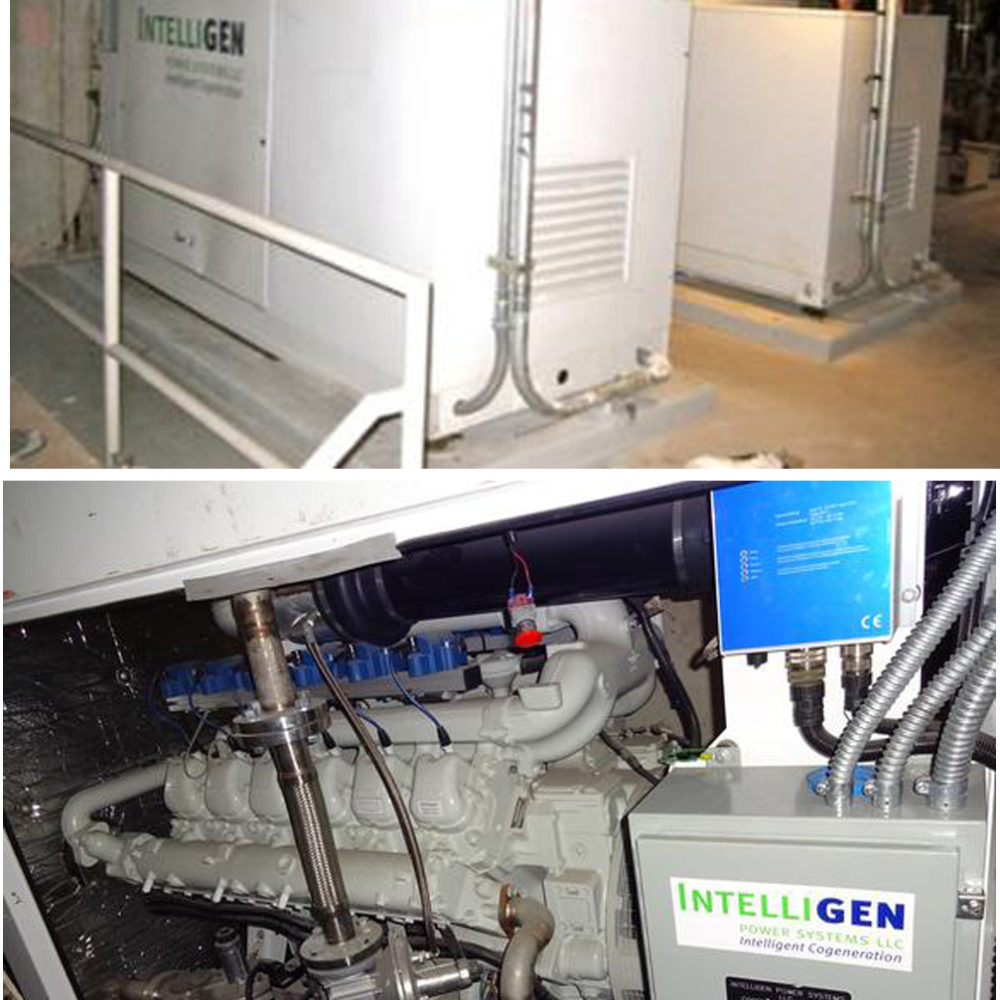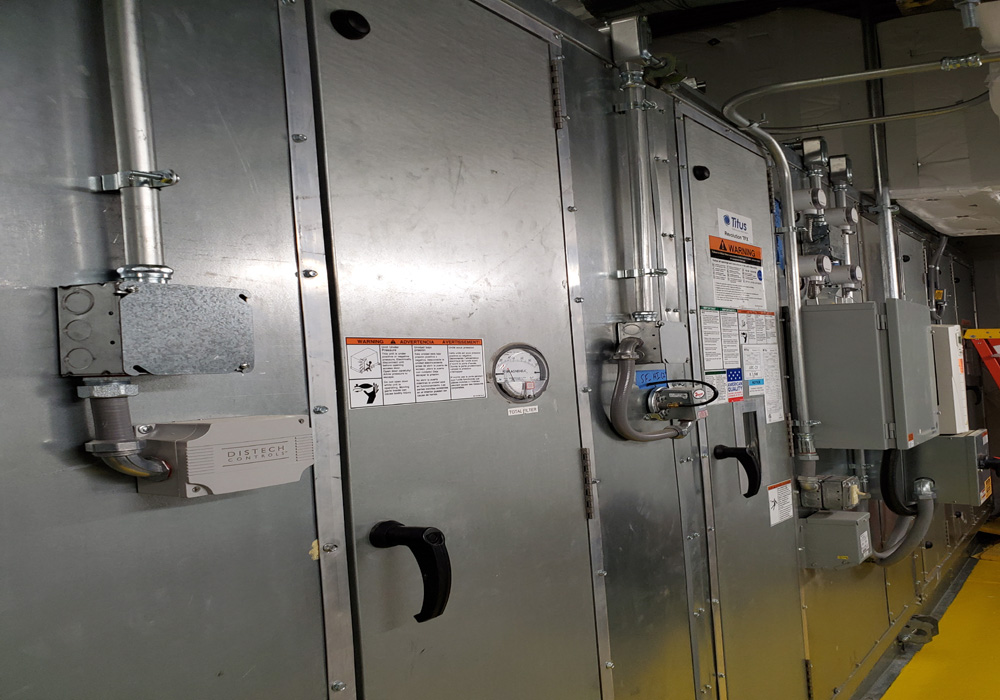Engineering Services for Buildings’ Mechanical Systems are provided by NY Building Systems Consultant Inc (NYBSC). We provide Mechanical, Electrical, & Plumbing (MEP) Design; which includes Domestic Hot Water (DHW) Systems, and Sprinkler Designs. Our core services consists of providing designs for Heating, Ventilation, and Air Conditioning (HVAC), which include installation or replacement of boilers and chillers, VRF (Variable Refrigerant Flow) Design, or upgrading the existing system to a high efficiency system.
Engineering Services
NYBSC Provides Mechanical Engineering Services including MEP Design, HVAC Design, Plumbing Design, Sprinkler Design
HVAC Design
Plumbing Design
Sprinkler Design
Chiller Design
NYC Local Laws Services
NYBSC Provides New York Local Laws Compliance Services
On December 28, 2009, the New York City Mayor’s office passed a set of four groundbreaking bills known as the “Greener, Greater Buildings Plan (GGBP)” that aim to reduce the energy consumption and carbon footprint of New York City’s existing buildings. The electricity, heat and hot water used by buildings in New York City generate 74% of the City’s greenhouse gas emissions. The laws affect buildings larger than 50,000 gross square feet, creating a stricter energy code and requiring building owners to perform benchmarking, energy audits, retro-commissioning and lighting upgrades.
NYC Local Law 87
NYC Local Law 97
NYC Local Law 84, 85 & 88
Energy Engineering & Environmental Services
NYBSC Provides Energy Modeling Services to Reduce the Energy Consumption and to Utilize the Renewable Energy
With the growing concern of global warming and carbon footprints, corporate social responsibility has led to an increase in energy efficiency awareness. NY Building Systems Consultant Inc (NYBSC) is a leader in providing the energy and engineering services needed to reduce the energy use of buildings and environmental impact. NYBSC has highly motivated engineers, technicians, and clerical personnel who combine their technical capabilities, past experience, dedication, and enthusiasm to offer the finest service through integrated team effort. We have been maintaining excellent financial stability along with the highest standard of professional engineering experience. We have been successful in keeping customer cost to minimum without sacrificing the quality of our workmanship.
NYBSC provides a variety of services to deliver high performance systems and minimize building energy use; utilizing our staff of Professional Engineers, Certified Energy Managers (CEM), Building Commissioning Professional (BCxP) and Existing Building Commissioning Professional (EBCP).
Energy Management
Energy Audit
Retro-Commissioning
Co-generation and Tri-generation Services
NYBSC Provides Co-generation and Tri-generation Services
Cogeneration, often called “combined heat and power “(CHP) is defined as the simultaneous production of energy and useful heat. Locally produced energy along with the reuse of waste heat is more efficient then utility produced energy. Cogeneration and trigeneration tap the full potential of on-site power generation to manage overall energy consumption for commercial buildings, hospitals and college campuses. Waste heat is used for both heating and cooling purposes and can have benefits for a customer capable of utilizing both. A trigeneration facility can supply cooling in addition to heat and off-grid power.
Cogeneration applications are better suited for new construction or redevelopment projects as a result of the design and costs concerns. However, cogeneration can be retrofitted into an existing project but will present some installation and design challenges.
Cogeneration facilities also require maintenance related downtime and there’s always a chance of un-planned outages due to equipment failure; both create a situation requiring utility back-up to the cogeneration plant.
Commissioning, Project Management, and Other Services
NYBSC Provides Commissioning Services for Mechanical Systems
HVAC Commissioning is a thorough and comprehensive testing of a mechanical system’s performance. Many owners question why they should spend more money to “fix” a system the contractor is being paid to build. Commissioning can reduce operating and maintenance costs, improve the comfort of a building’s occupants, and extend the life of equipment. The one time investment in commissioning can result in major costs savings. According to a report titled “The Cost Effectiveness of Commercial-Buildings Commissioning,” (Mills E et al. 2004. Lawrence Berkeley National Laboratory. LBNL report #56637) the average operating costs of a commissioned building ranges from 8 to 20 percent below that of a non-commissioned building.





